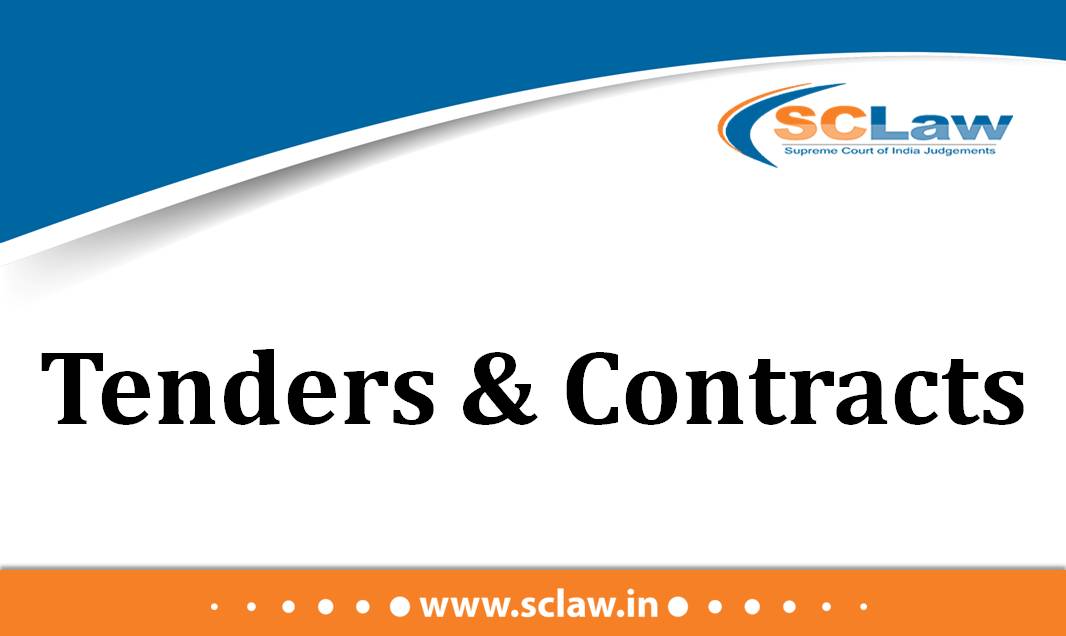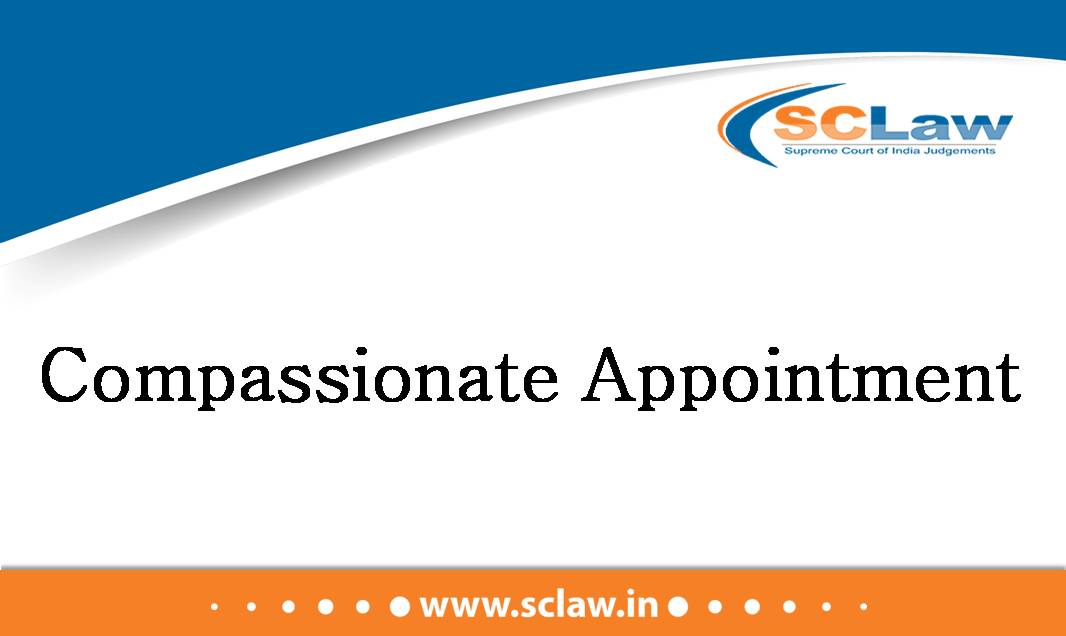Penal Code, 1860 (IPC) —Section 302 read with Sections 149 and 148 — Murder —Conviction affirmed by High Court — Appeal to Supreme Court — Sufficiency of evidence — Role of interested/related witnesses — Deposition of PW-4 (mother of deceased and alleged eyewitness) scrutinized closely — Material contradictions found in PW-4’s evidence regarding the manner of assault and who informed her — Failure of prosecution to examine key witness (deceased’s granddaughter, who initially informed PW-4) — Independent witnesses (PW-1, PW-2, PW-3 and PW-9) turned hostile — Recovery of weapons based on accused’s memorandum/statement rendered unreliable when supporting witnesses hostile. (Paras 4, 7, 8, 9, 10, 13, 14, 15)
2025 INSC 1454 SUPREME COURT OF INDIA DIVISION BENCH PUNIMATI AND ANOTHER Vs. THE STATE OF CHHATTISGARH AND OTHERS ( Before : Prashant Kumar Mishra and Vipul M. Pancholi, JJ.…
Employees’ State Insurance Act, 1948 — Section 45A — Determination of contributions in certain cases — Preconditions for invoking Section 45A — Section 45A is a special provision for best-judgment assessment applicable only when an employer fails to submit, furnish, or maintain returns, particulars, registers, or records as required by Section 44, OR obstructs an Inspector or official in discharging duties under Section 45 — It is not an alternative mode of assessment available at the option of the Corporation — When records (ledgers, cash books, vouchers, etc.) are produced and the employer cooperates by attending multiple personal hearings, the mere allegation of inadequacy or deficiency of supporting documents does not satisfy the statutory threshold of “non-production” or “obstruction” to invoke Section 45A — Mere inadequacy of records does not confer jurisdiction under Section 45A. (Paras 14.6, 14.7, 24, 25, 27, 30)
2025 INSC 1455 SUPREME COURT OF INDIA DIVISION BENCH M/S. CARBORANDUM UNIVERSAL LTD. Vs. ESI CORPORATION ( Before : Manoj Misra and Ujjal Bhuyan, JJ. ) Civil Appeal No. 14858…
Tender and Contract — Eligibility Criteria — Interpretation of “prime contractor” and “in the same name and style” — Requirement of work experience — Where an NIT’s pre-qualification document requires “each prime contractor in the same name and style (tenderer)” to have completed previous work, and the term “prime contractor” is undefined, its meaning must be derived from common parlance as the tenderer primarily responsible for the contract offer; however, the requirement must be construed from the standpoint of a prudent businessman, considering the credentials and capacity to execute the work, not merely the name. (Paras 17, 20, 21.3)
2025 INSC 1456 SUPREME COURT OF INDIA DIVISION BENCH M/S. SURGUJA BRICKS INDUSTRIES COMPANY Vs. STATE OF CHHATTISGARH AND OTHERS ( Before : Manoj Misra and Ujjal Bhuyan, JJ. )…
Criminal Procedure Code, 1973 (CrPC) — Section 389 — Suspension of execution of sentence pending appeal and release on bail — Scope and distinction with bail — Appellate Court must record proper reasons for suspending sentence; it should not be passed as a matter of routine — The Appellate Court must not reappreciate evidence or attempt to find lacunae in the prosecution case at this stage — Once convicted, the presumption of innocence vanishes, and the High Court should be slow in granting bail pending appeal, especially for serious offenses like murder (Section 302, IPC). (Paras 6, 6.1, 6.2)
2025 INSC 1468 SUPREME COURT OF INDIA DIVISION BENCH RAJESH UPADHAYAY Vs. THE STATE OF BIHAR AND ANOTHER ( Before : Manmohan and N.V. Anjaria, JJ. ) Criminal Appeal No….of…
Arbitration and Conciliation Act, 1996 — Section 11(6) and 11(6-A) — Appointment of Arbitral Tribunal (AT) — Scope of Judicial Scrutiny — The enquiry under Section 11 is confined to a prima facie determination of the existence of an arbitration agreement, and no further — The referral court must refrain from entering into contentious factual or legal issues related to authority, capacity, arbitrability, maintainability, or merits of claims, adhering to the principle of minimal judicial intervention. (Paras 14, 15, 17, 19)
2025 INSC 1447 SUPREME COURT OF INDIA DIVISION BENCH M/S ANDHRA PRADESH POWER GENERATION CORPORATION LIMITED (APGENCO) Vs. M/S TECPRO SYSTEMS LIMITED AND OTHERS ( Before : Pamidighantam Sri Narasimha…
Criminal Law — Conviction — Circumstantial Evidence — Last Seen Together Theory — Must establish acquaintance between accused and deceased for theory to apply as a circumstance linking chain; mere fact of accused and deceased being in the same vicinity shortly before the crime, without proven acquaintance, is insufficient to propound the ‘last seen together theory’ as a conclusive link, though presence in same vicinity remains a relevant initial fact. (Para 6)
2025 INSC 1449 SUPREME COURT OF INDIA DIVISION BENCH SHAIK SHABUDDIN Vs. STATE OF TELANGANA ( Before : Ahsanuddin Amanullah and K. Vinod Chandran, JJ. ) Criminal Appeal No….of 2025…
Civil Procedure Code, 1908 (CPC) — Suit for Permanent Injunction — Dismissal of Suit — Reversal by High Court — Scope of Interference by Supreme Court — Where the Trial Court dismissed a suit for permanent injunction on grounds of failure to establish title and uncertainty in property identification, and the High Court reversed this relying on unproven and unauthenticated documents/surveys (like a BDA survey not proved or authenticated, and a letter without a clear seal or legible signature), the High Court erred. (Paras 3, 4, 11, 12, 14)
2025 INSC 1450 SUPREME COURT OF INDIA DIVISION BENCH OBALAPPA AND OTHERS Vs. PAWAN KUMAR BHIHANI AND OTHERS ( Before : Ahsanuddin Amanullah and K. Vinod Chandran, JJ. ) Civil…
Succession Act, 1925 — Section 63 — Indian Evidence Act, 1872 — Section 68 — Proof of Will — Requirement of attestation — Will excluding one legal heir (daughter) — One attesting witness (DW-2) examined — DW-2 must speak not only to the execution by the testator and his own attestation, but also to the attestation by the other witness — Failure of the Trial Court and High Court to find the Will proved — Evidence of DW-2 affirmed the signatures of the testator and both attesting witnesses after being suggested so in cross-examination by the plaintiff — Where a positive suggestion is made in cross-examination, and the witness affirms it, the response has probative value and cannot be ignored merely because it was a leading question — Concurrent finding disbelieving the Will reversed. (Paras 6, 16, 23, 24, 29
2025 INSC 1451 SUPREME COURT OF INDIA DIVISION BENCH K. S. DINACHANDRAN Vs. SHYLA JOSEPH AND OTHERS ( Before : Ahsanuddin Amanullah and K. Vinod Chandran, JJ. ) Civil Appeal…
Motor Vehicles Act, 1988 — Section 166 — Claim Petition — Standard of Proof — In motor vehicle accident claims, the standard of proof is based on preponderance of probabilities, not proof beyond reasonable doubt — However, claimants must establish three elements: (i) occurrence of accident; (ii) involvement of the specific offending vehicle; and (iii) rash and negligent act of the driver — Mere occurrence of the accident alone is insufficient if the involvement of the vehicle and negligence are not established. (Paras 5, 7, 8, 16)
2025 INSC 1425 SUPREME COURT OF INDIA DIVISION BENCH SITHARA N.S. AND OTHERS Vs. SAI RAM GENERAL INSURANCE COMPANY LIMITED ( Before : Sanjay Karol and Prashant Kumar Mishra, JJ.…
Service Law — Compassionate Appointment — Nature of right — Appointment on compassionate bases is a concession, not a matter of right, and serves as an exception to the general rule of public employment under Articles 14 and 16 of the Constitution of India — Core objective is to enable the dependent family to tide over sudden financial crisis following the death of the employee, providing relief against destitution — It is not intended to provide a post much less a post held by the deceased or a higher post based on educational qualification. (Paras 3, 7, 7.1, 7.3, 11)
2025 INSC 1423 SUPREME COURT OF INDIA DIVISION BENCH THE DIRECTOR OF TOWN PANCHAYAT AND OTHERS Vs. M. JAYABAL AND ANOTHER ETC. ( Before : Rajesh Bindal and Manmohan, JJ.…

















